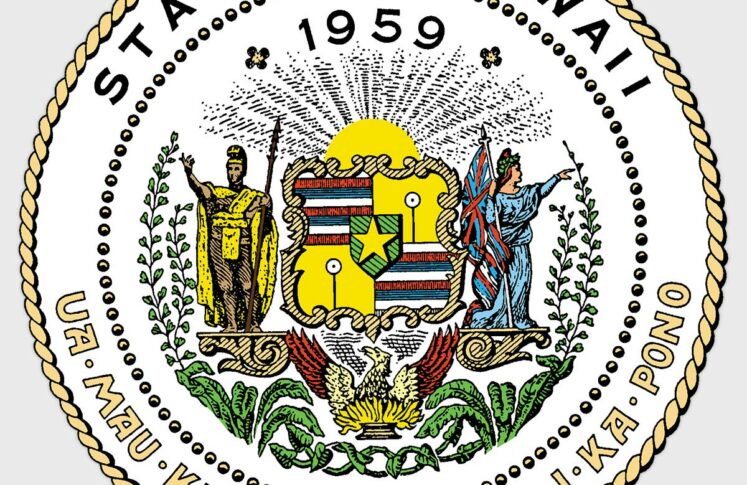- Casino News
- Industry News
Slovakia Debates Levy Reductions on Gambling Venues


Slovakia Debates Levy Reductions on Gambling Venues


Lawmakers in Slovakia are once again divided over how much land-based gambling operators should contribute to the state budget, with disputes centering on whether previously proposed fee increases should be restored or revised. The discussion gained renewed visibility after the Slovakia Movement, a political faction often associated with business-aligned messaging despite its populist undertones, challenged the government’s decision to reduce proposed charges on physical gambling venues.
The initial plan put forward by lawmakers involved a flat fee of €9,300 for every additional slot machine or table installed in a land-based facility. That figure has now been cut significantly. Current government plans set the fee at €4,400 for each slot in gaming halls and €6,000 for every video terminal in a physical venue. Members of the Slovakia Movement argue that reducing the original number could have a measurable impact on state finances.
In their public remarks, the lawmakers have described a trend of increasing spending among those who frequent gambling venues. They reference data that suggests average losses have multiplied several times in recent years. According to their line of argument, this reflects an industry that has grown despite external economic pressures and should therefore be expected to meet additional fiscal responsibilities. One of their core claims is that the current system allows profits to flow outward without enough being returned to the state to offset the associated social consequences.


Šipoš has pointed to neighboring countries as reference points for regulatory direction. Austria and Poland appear to be his primary examples of states that apply what he considers to be stricter or more diversified structures for collecting gambling-related revenue. He notes that Slovakia’s current regime already comprises a combination of flat fees and a 27 percent tax on gross gaming revenue, yet he believes additional charges should reflect market evolution and inflationary impact rather than be modified downward.


Polish authorities recently confirmed interest in amending their withholding policies further. The Ministry of Finance intends to raise the rate from 10 to 15 percent, with implementation planned for early 2026. In addition, the proposed framework would extend coverage to winnings from platforms based both within and beyond the European Union. This shift indicates an effort to close tax gaps that may emerge when cross-border activity remains unaccounted for under national rules. The move has sparked debate among stakeholders, but it aligns with a wider trend in which governments are seeking to ensure that digital and land-based operations are treated with comparable scrutiny.
Market participants are preparing for a range of outcomes. Land-based operators must navigate uncertainty around their licensing and operating costs at a time when some districts are reassessing the presence of physical venues altogether. The political nature of the debate means any change will likely be accompanied by public messaging that emphasizes either consumer protection or fiscal accountability. For now, the outcome hinges on whether legislators prioritize immediate revenue generation or remain concerned that higher fees could limit investment in physical premises.
Top Online Casinos
10 Recommended Online Brands On CasinoLandia That Will Enhance Your Gaming Experience
No results were found!







